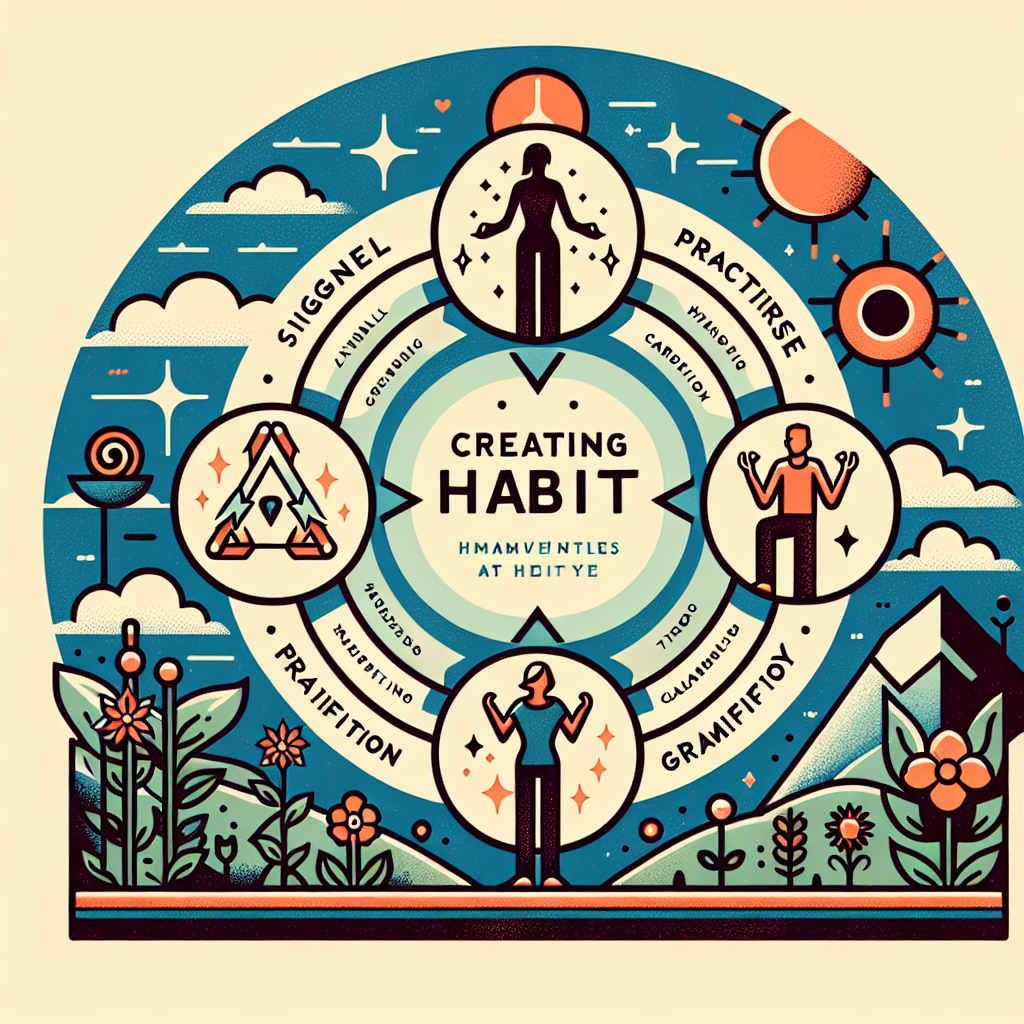Unraveling the Habit Loop: How Small Changes Can Lead to Big Transformations

Have you ever tried to break a bad habit, only to find yourself slipping back into it? Or perhaps you've wanted to adopt a new, healthier routine but struggled to stick with it? You're not alone. Habit formation is a complex yet fascinating psychological process, and understanding it can empower you to make lasting changes in your life.
The Science of Habit Formation
At its core, habit formation can be understood through a simple feedback loop known as the habit loop, defined by a cue, routine, and reward. According to Charles Duhigg, the author of "The Power of Habit," this model explains why we engage in certain behaviors almost automatically—our brains love efficiency and often seeks shortcuts in our decision-making!
For instance, think about a common habit like reaching for a snack when you feel stressed. The cue is your stress, the routine is eating the snack, and the reward is the momentary relief from anxiety. By recognizing these components, you can begin to identify patterns in your own life.
Making Habits Stick: The Three R's
So, how do we translate this knowledge into actionable steps for change? The key lies in focusing on "The Three R's: Remember, Replace, and Reward."
- Remember: Identify your cues. What triggers your current habits? Keeping a journal or simply spending some time reflecting can help illuminate these moments.
- Replace: Once you've identified a cue, think about a healthier or more productive routine you can substitute. If stress is triggering snacking, consider going for a short walk or practicing deep-breathing exercises instead.
- Reward: Find ways to celebrate your victories—no matter how small. Positive reinforcement solidifies your commitment to the new routine.
The Power of Incremental Change
One of the most liberating realizations in journeying through habit formation is the idea that change doesn’t need to be drastic to be effective. Small, incremental changes—often referred to as "micro-habits"—are easier to adopt and can lead to significant improvements over time. For example, instead of aiming to hit the gym every day, commit to putting on your workout clothes three times a week; this small step may eventually lead to consistent exercising.
The Importance of Mindfulness
Incorporating mindfulness into your daily life can drastically influence your habit formation. By being present and aware of your actions and choices, you can break the automatic responses that often lead to unwanted habits. Paradoxically, taking a moment to pause and breathe can help clarify motivation, allowing you to make better choices that align with your long-term goals.
Conclusion: Your Journey Starts Now
Understanding the mechanisms of habit formation doesn't just empower you to effect change; it opens a door to a more resilient version of yourself. So whether you're looking to quit a bad habit, develop a healthy routine, or simply create a more mindful existence, remember that every journey starts with a single step. Embrace the habit loop, leverage the Three R's, and embark on your transformative journey today!